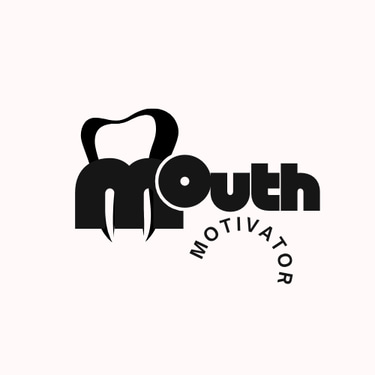ADHD in Children vs Sleep Apnea
Explore the differences between ADHD in children and sleep apnea in children. Understand child sleep disorders and how they impact your child's health and well-being. Get informed to make the best decisions for your child.
3/18/20252 min read


The Overlap Between ADHD and Sleep Apnea
Sleep-disordered breathing, particularly obstructive sleep apnea (OSA), can disrupt a child’s rest, leading to daytime symptoms like:
Difficulty concentrating
Impulsivity and hyperactivity
Poor academic performance
Mood swings and irritability
Frequent fatigue or drowsiness
These are strikingly similar to the symptoms of ADHD. In fact, research suggests that some children diagnosed with ADHD may actually have an underlying sleep disorder that contributes to their symptoms.
When a child exhibits challenges with focus, hyperactivity, or behavioral issues, parents and educators often jump to the conclusion that the child may have attention-deficit/hyperactivity disorder (ADHD). However, it is essential to consider that another condition may be behind these symptoms: pediatric sleep apnea.
Pediatric sleep apnea is a sleep disorder characterized by repeated episodes of partial or complete blockage of the airway during sleep. It leads to interrupted sleep patterns, resulting in daytime fatigue and irritability. The symptoms of sleep apnea can closely resemble those of ADHD, leading to potential misdiagnosis and inappropriate treatment plans.
How Sleep Apnea Affects Behavior and Learning
When a child experiences poor-quality sleep, their brain doesn't get the necessary time to rest and recharge. This leads to:
Reduced attention span
Difficulty processing information
Emotional regulation challenges
Increased risk of anxiety and depression
Some studies suggest that treating sleep apnea—often through tonsillectomy, adenoidectomy, or CPAP therapy—can dramatically improve behavior and cognitive function in affected children.
Getting the Right Diagnosis
If your child has been diagnosed with ADHD or is showing symptoms, consider discussing their sleep patterns with their healthcare provider. A sleep study (polysomnography) can help confirm whether sleep apnea is a contributing factor.
Treatment Options
If your child has sleep apnea, treatment may include:
Removing enlarged tonsils or adenoids
Using a CPAP or BiPAP machine
Addressing allergies or nasal obstructions
Orthodontic solutions like palatal expanders
Encouraging better sleep hygiene
By addressing sleep issues, you may see significant improvements in your child’s attention, mood, and overall health.
Resources for Parents
For further information and support, check out these resources:
American Academy of Sleep Medicine (AASM): www.sleepeducation.org
National Sleep Foundation: www.thensf.org
Children’s Sleep Apnea Information (Mayo Clinic): www.mayoclinic.org
CHADD (Children and Adults with Attention-Deficit/Hyperactivity Disorder): www.chadd.org
Final Thoughts
If your child exhibits symptoms of ADHD, it’s essential to rule out sleep apnea as a potential underlying cause. Consulting with a pediatrician, sleep specialist, or ENT can ensure your child gets the right diagnosis and treatment. Prioritizing healthy sleep can make all the difference in their behavior, academic success, and daily life.
SWhite, RDH
Disclaimer: This information is for educational purposes only. Please consult your own professional for personal advice.
Amazon affiliate-I will receive a commission for purchases made on my website link at no additional costs to you.
Health
Expert insights on oral health and wellness.
Disclaimer-see your oral health care professional for personal advice
Amazon Affiliate-I receive commision from items purchased from my site at no additional costs to you
Choose Hostinger https://hostinger.com?REFERRALCODE=6CSMAEMAECHX
swhite@mouthmotivator.com
© 2025. All rights reserved.
